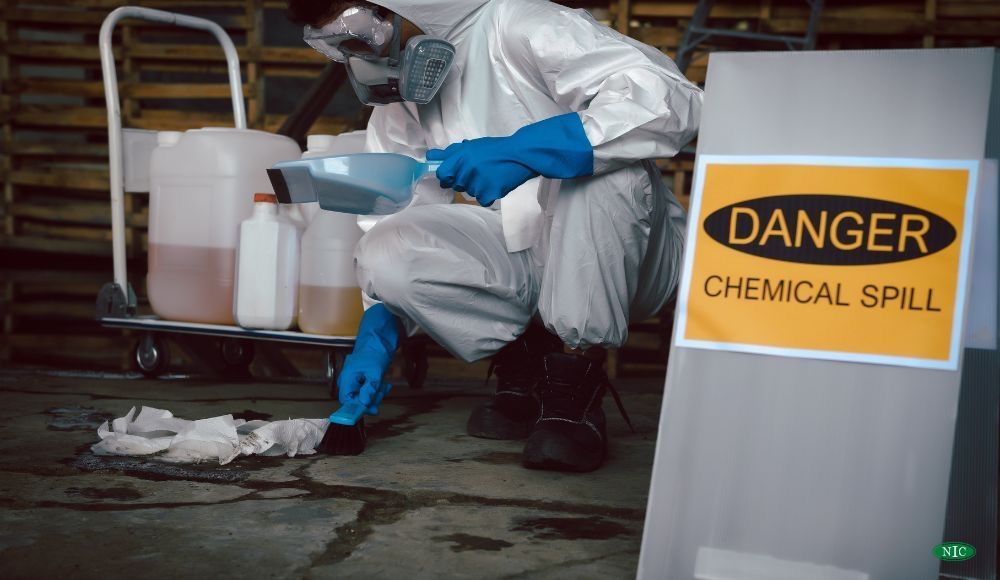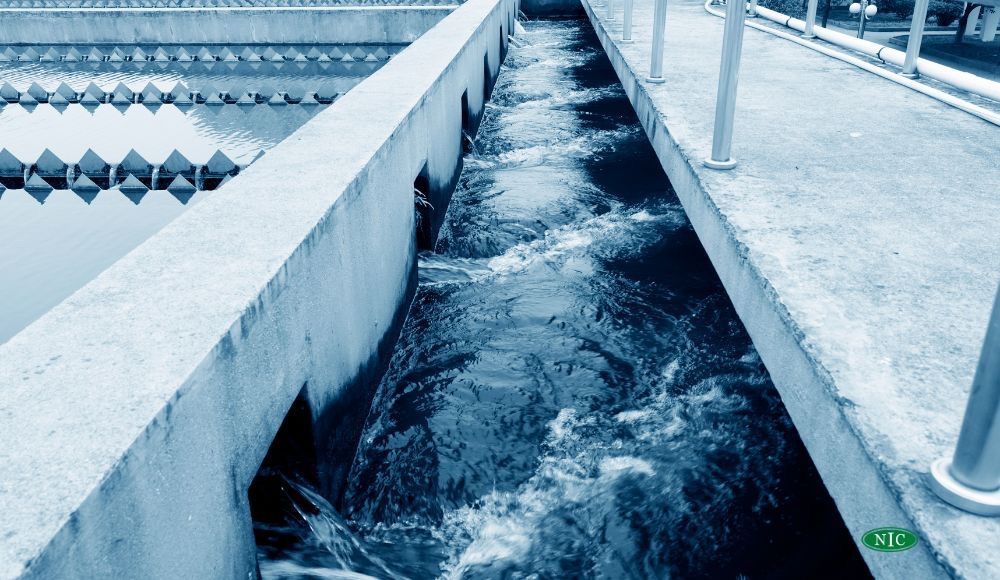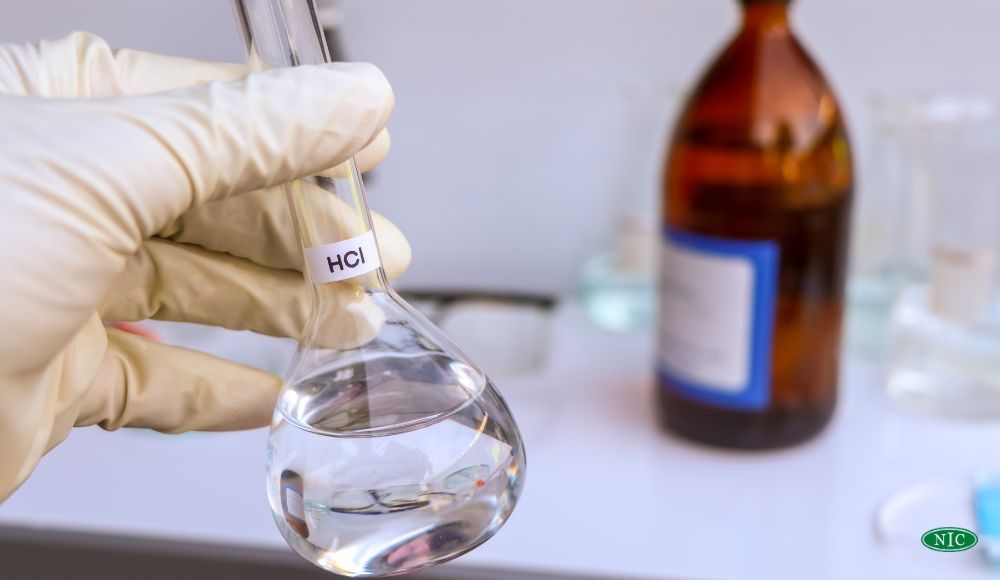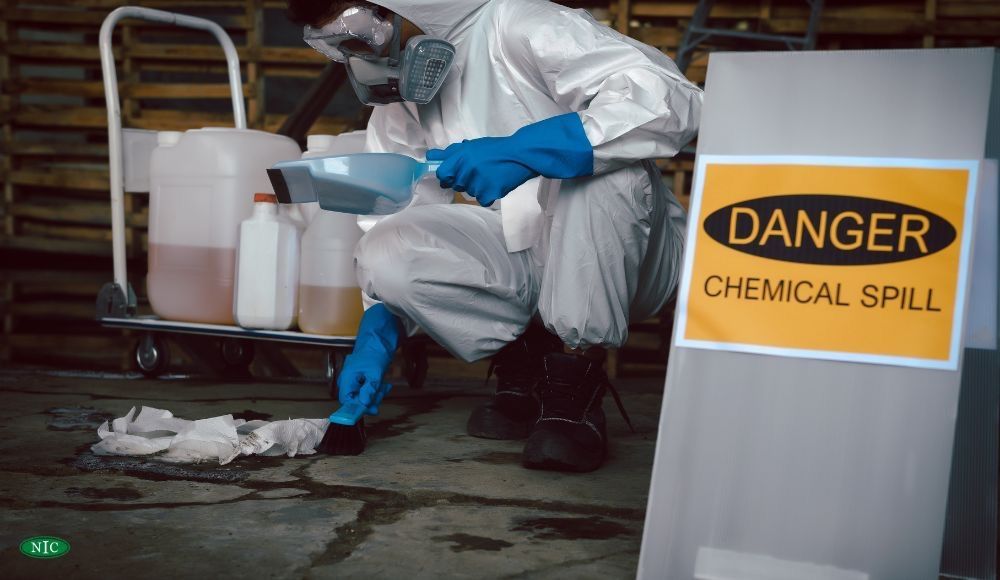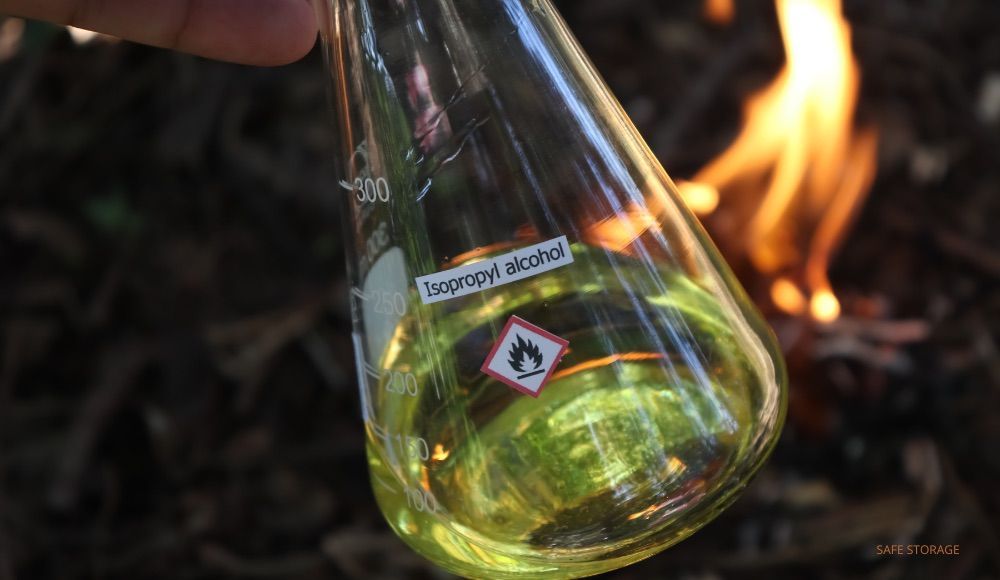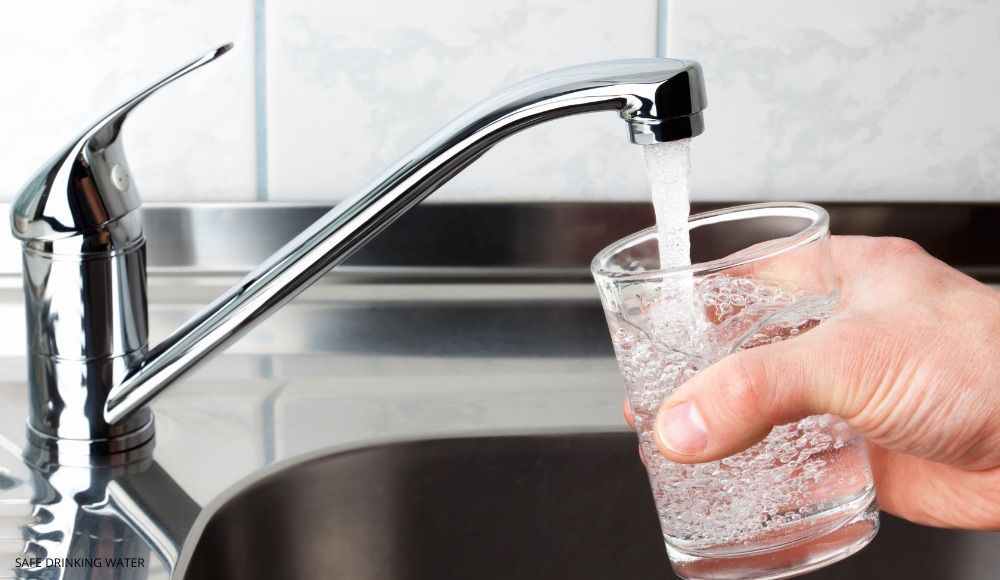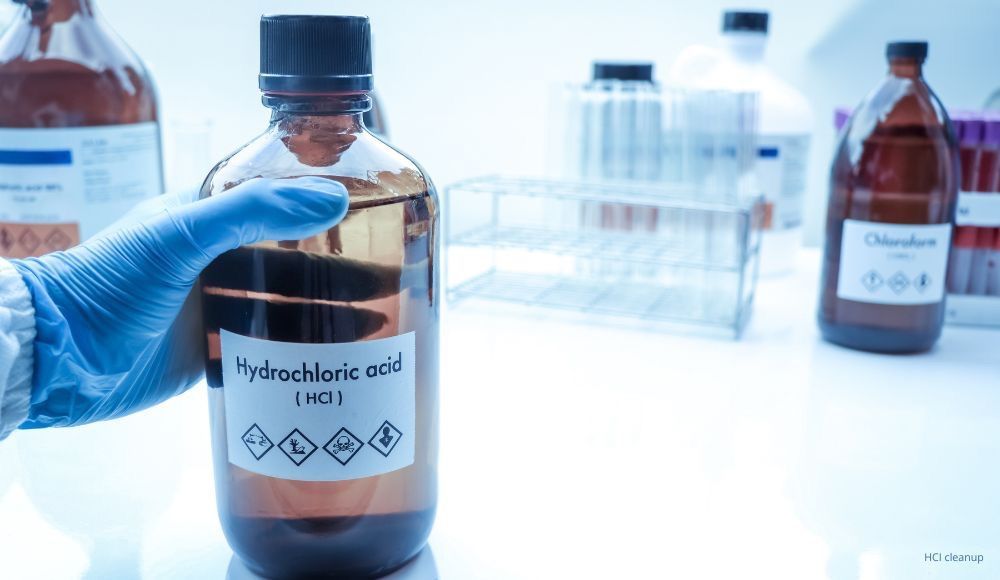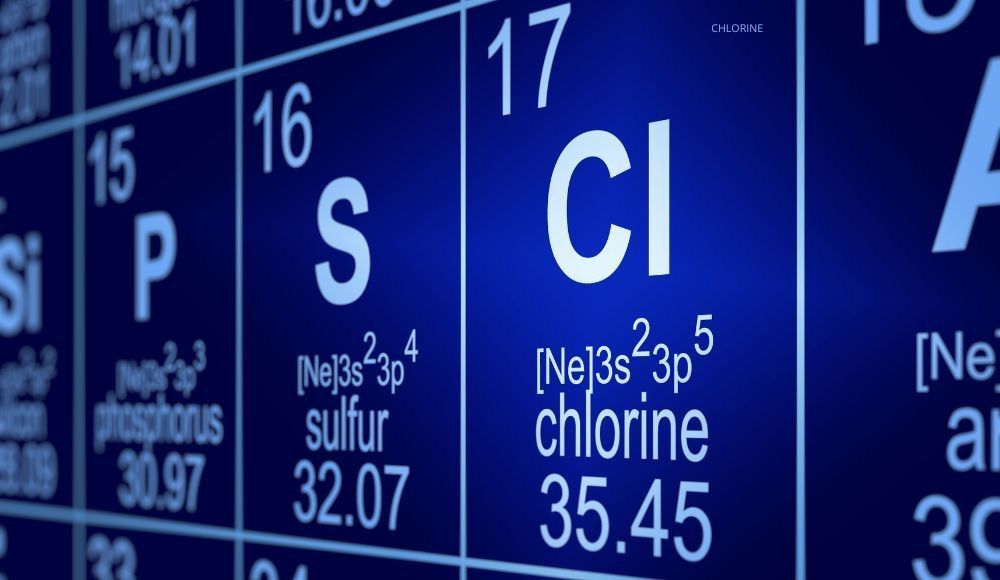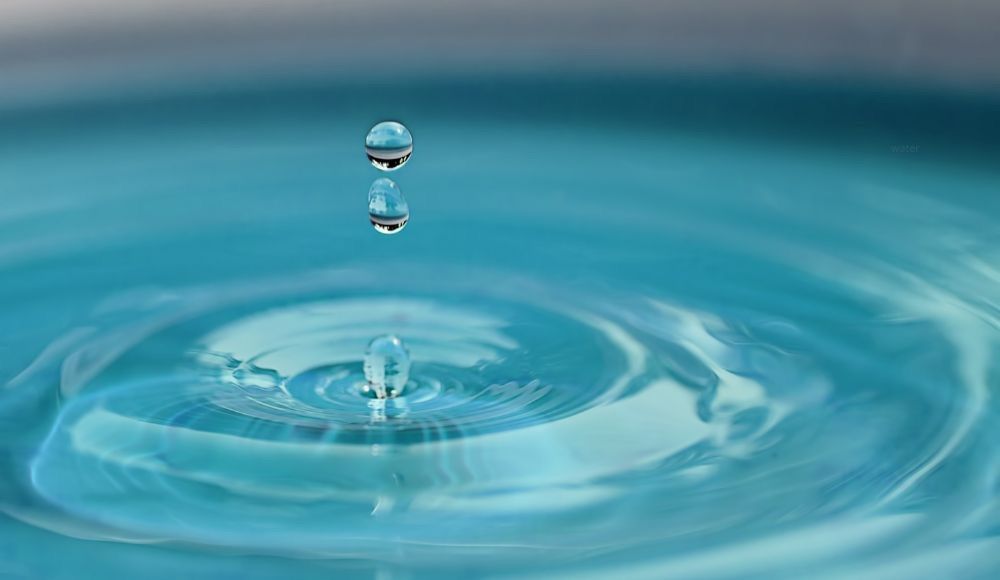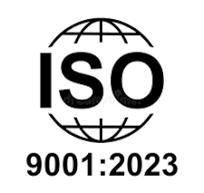Discover the Best Commercial Kitchen Degreaser for Efficient Grease Removal

The Ultimate Guide to Commercial Kitchen Degreasers
Cleaning your commercial kitchen won’t be the most pleasant task, but it is of course important that you do so. After all, having a grease-filled kitchen won’t just give the space a messy, unpleasant appearance, but it can also have negative consequences for your kitchen’s health and safety credentials. Plus, by removing grease you’ll be extending the life of your appliances, helping you to save money in the long run.
Choosing the Best Degreaser for Your Commercial Kitchen
It can be difficult to choose from the wide range of degreasers available for commercial kitchens. To start, think about what you’ll need to clean — as we’ll see below, different surfaces require different products. If you’re not sure where to turn, then reach out to our experts at North Industrial Chemicals.
Top Commercial Kitchen Degreasers Reviewed
Looking for the best degreaser for your commercial kitchen? It all depends on the type of surface that you need to clean. Most commercial kitchens utilize a couple of different degreaser cleaners for this reason.
For general surfaces, a degreaser that has mild alkalinity, solvent, alkaline builders, and detergent will work effectively. For tougher grease marks, such as the ones you’ll find in an oven, a product that has higher alkalinity, high-foaming surfactants, and alkaline builders will work well. Hard surfaces usually respond well to RTU degreasers.
Key Factors to Consider When Selecting a Degreaser
● The surface types you need to clean.
● The toxicity of the degreaser.
● The reputation of the company providing the cleaner.
How to Effectively Remove Grease in Your Commercial Kitchen
The most effective way to remove grease is to use the best commercial kitchen degreaser. It’s important to ensure that you’re using the right product for the job, as some kitchen degreaser products will work a little too well; an acidic-based cleaner, for instance, will remove grease and polish from your appliances. Before cleaning, check that the product you’re using is suitable for the surface you’re planning to clean.
Tips for Maintaining a Clean and Safe Commercial Kitchen
A clean and safe commercial kitchen is a productive kitchen. It’s recommended to put together a daily, weekly, and monthly cleaning schedule, and then coordinate with your employees or cleaning staff to decide who will do which tasks and when.
It’s also recommended to clean as you work. It’s much easier — and faster — to wipe away dirt in the moment, rather than waiting until later.
Are Natural Degreasers as Effective as Chemical-based Degreasers?
Natural degreasers can be as effective as chemical-based ones, but as with all products, some are better than others. Most all-natural degreasers are designed with specific uses in mind, so be sure to read the instructions before using them.
The Importance of Regular Degreasing in Commercial Kitchens
Commercial kitchens should prioritize regular degreasing. A buildup of grease can create safety hazards, including increasing the chances of slips and falls and fires. Degreasing also helps to keep the general cleanliness standards of the kitchen high, which enhances productivity.
Contact the Experts
North Industrial Chemicals offers a full range of safe, effective, non-toxic cleaning products for the food processing industry and for commercial kitchens. Our experts can help you obtain the right combination of cleaning products to meet the needs of your specific situation. Contact us today for more information.
